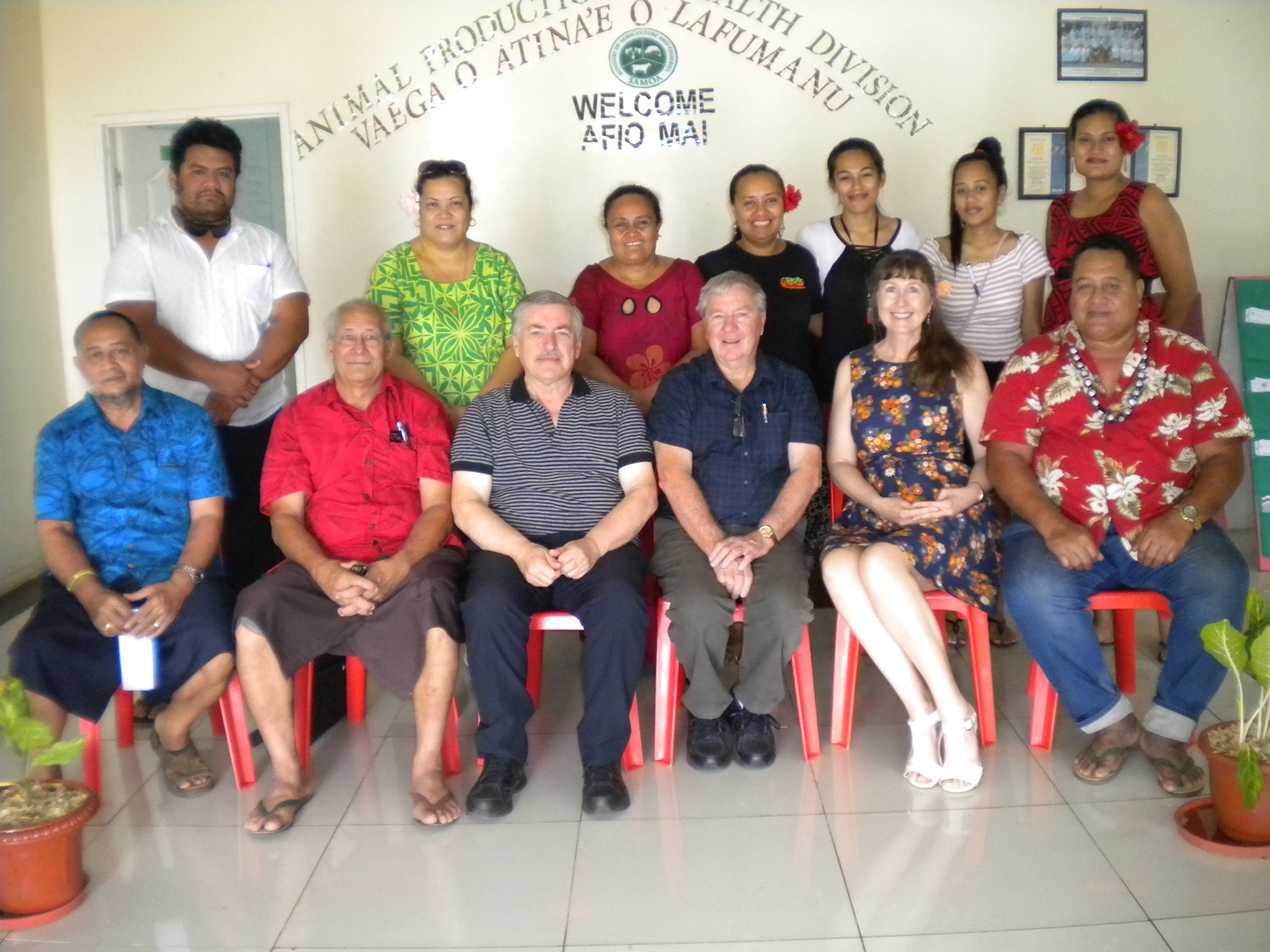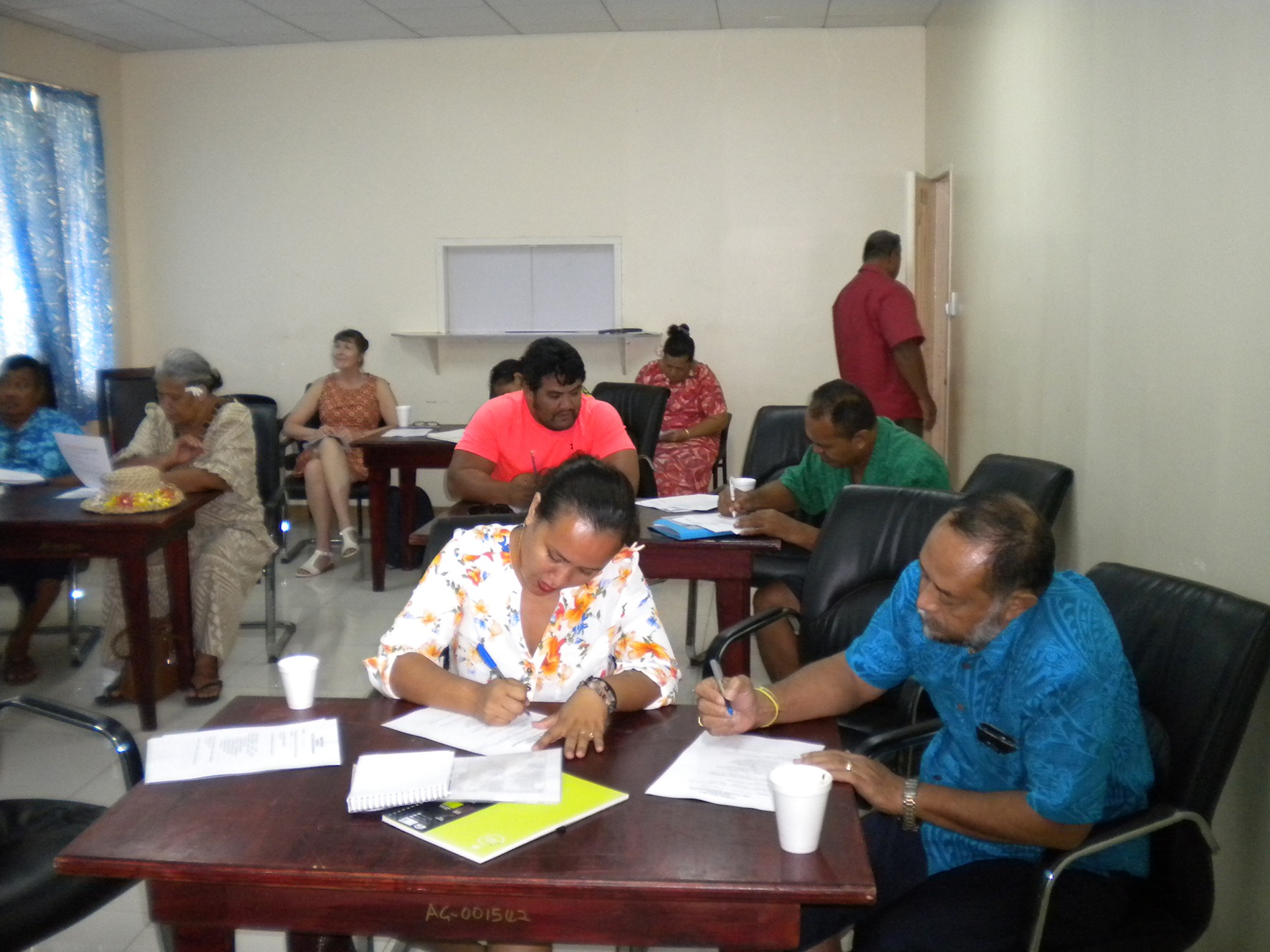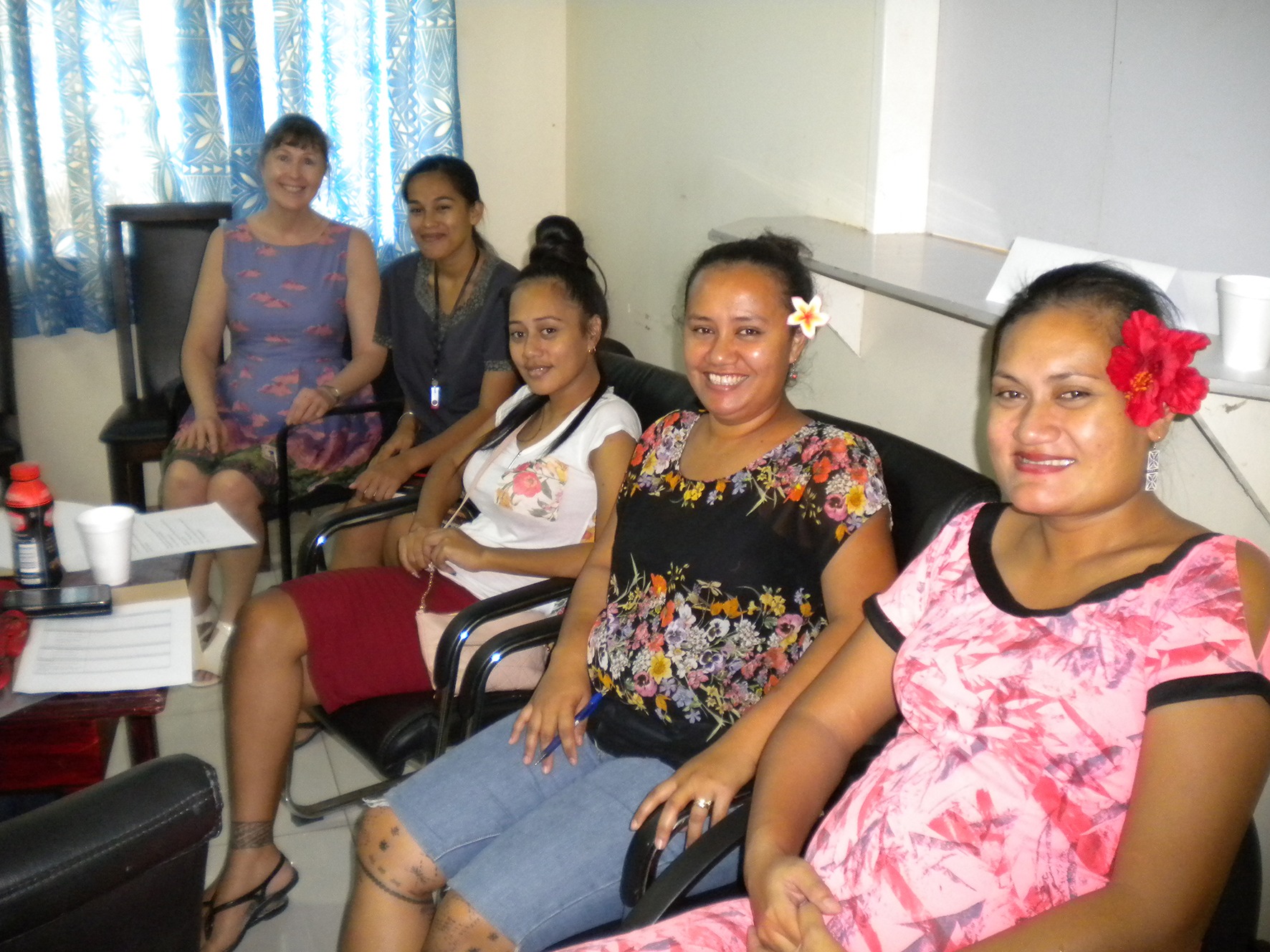

Feed mill business planning workshop in Samoa
September 11, 2019
Following a request from the Animal Production and Health Division of the Ministry of Agriculture and Fisheries (MAF) in Samoa, our SA Committee supported a workshop in Samoa in August this year on mini feed milling equipment, feed mill operations and business planning for farmers. We had supported similar training in PNG associated with an ACIAR project where it was recognised that staff running mini mill enterprises have a need to develop business skills.
The feed mill business planning workshop was run by Dr Phil Glatz, a former SARDI scientist, with David Byrne and Helen Henly who had both been involved in the PNG training. The workshop was opened by David Hunter Tilofone, CEO of MAF with Tony Ailupo, Assistant CEO of the Animal Production and Health Division (APHD) of MAF.
The workshop was attended by representatives of the Samoan Farmers Association, the Samoan Farmers Youth Network and Samoan livestock and agricultural farmers, pictured below.

The key factors which stimulated discussion throughout the workshop was how a feasibility plan can assist with funding from banks and donor agencies; the importance of having a marketing plan; knowing the different products produced by the business, and competing with imports.
“Developing feasibility plans inspired farmers at the workshop and stimulated their vision. They recognised the future opportunities available to them if they expanded their enterprises or improved profit by including micro ingredients in the feed. The major objective was to decide if a mini mill was profitable using the feasibility study,” Dr Phil Glatz said.
The workshop participants were shown how the business can be improved by increasing production; having shorter growing periods for livestock to reach market weight; improving marketing; recording information and using a business report card to support decision making.

“Following the workshop, participants indicated they were more confident about how to keep financial records, they could manage the financial assets of their farm, could interpret financial statements, could develop a competitive price for their product, initiate start-up funds needed to develop or expand their business and develop an effective marketing campaign,” Dr Glatz noted.

A few comments from participants:
“I have a greater understanding on business plan outline and most importantly the viability and profitability of having a mini mill to increase production. Very fortunate to take part as it opens my mind in a lot of areas concerning farm business and mini mills.”
“Business planning is an activity of future thinking. Decision making is very crucial in and on my business. Action planning is important to guide and help me reach my goals.”
“I have gained more than expected. I am able to make decisions now that I would never have in the past.”




